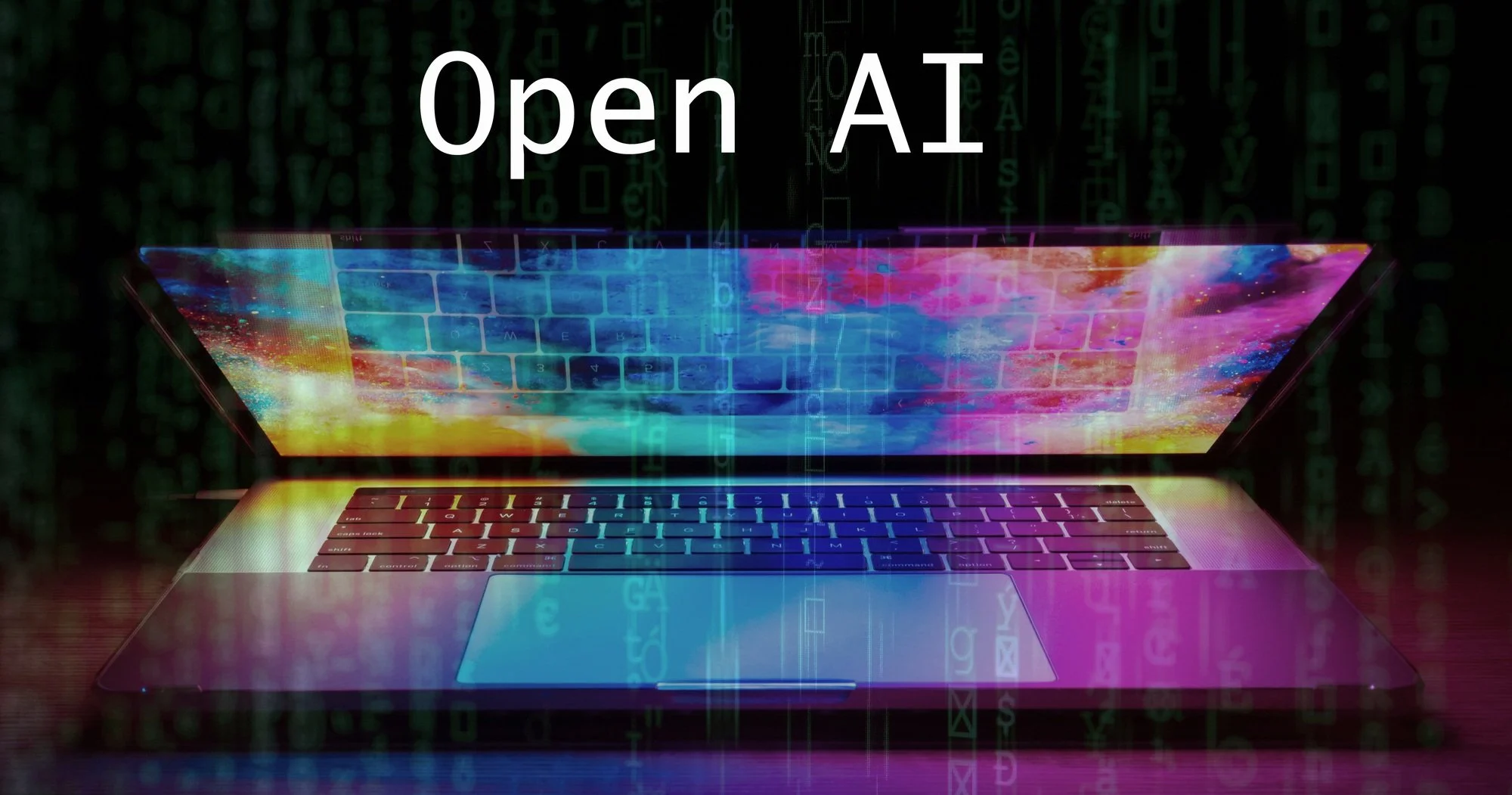“The Coming AI Economic Revolution: Can Artificial Intelligence Reverse the Productivity Slowdown?” was recently published in Foreign Affairs by James Manyika and Michael Spence, two authors I’ve long admired. James Manyika is senior VP of research, technology and society at Google, after serving as chairman and director of the McKinsey Global Institute from 2009 to 2022. Michael Spence, a co-recipient of the 2001 Nobel Prize in Economics, is professor in economics and business at NYU’s Stern School of Business, and was previously professor of management and dean of the Stanford Graduate School of Business.
Read More“Since the 1980s, open source has grown from a grassroots movement to a vital driver of technological and societal innovation,” said “Standing Together on Shared Challenges,” a report published by Linux Foundation Research in December of 2023. “The idea of making software source code freely available for anyone to view, modify, and distribute comprehensively transformed the global software industry. But it also served as a powerful new model for collaboration and innovation in other domains.”
Read MoreSince the advent of the Industrial Revolution, general purpose technologies (GPTs) have been the defining technologies of their times. Their ability to support a large variety of applications can, over time, radically transform economies and social institutions. GPTs have great potential from the outset, but realizing their potential takes large tangible and intangible investments and a fundamental rethinking of firms and industries, including new processes, management structures, business models, and worker training. As a result, realizing the potential of a GPT takes considerable time, often decades. Electricity, the internal combustion engine, computers, and the internet are all examples of historically transformative GPTs.
Read MoreIn his 1950 seminal paper, Computing Machinery and Intelligence, Alan Turing proposed what’s famously known as the Turing test, - a test of a machine’s ability to exhibit intelligent behavior indistinguishable from that of a human. If a human at a keyboard couldn’t tell whether they were interacting with a machine or a human, the machine is considered to have passed the Turing test. “Ever since, creating intelligence that matches human intelligence has implicitly or explicitly been the goal of thousands of researchers, engineers and entrepreneurs,” wrote Erik Brynjolfsson, - Stanford professor and Director of the Stanford Digital Economy Lab, - in a recent article, The Turing Trap: The Promise & Peril of Human-Like Artificial Intelligence.
Read More




